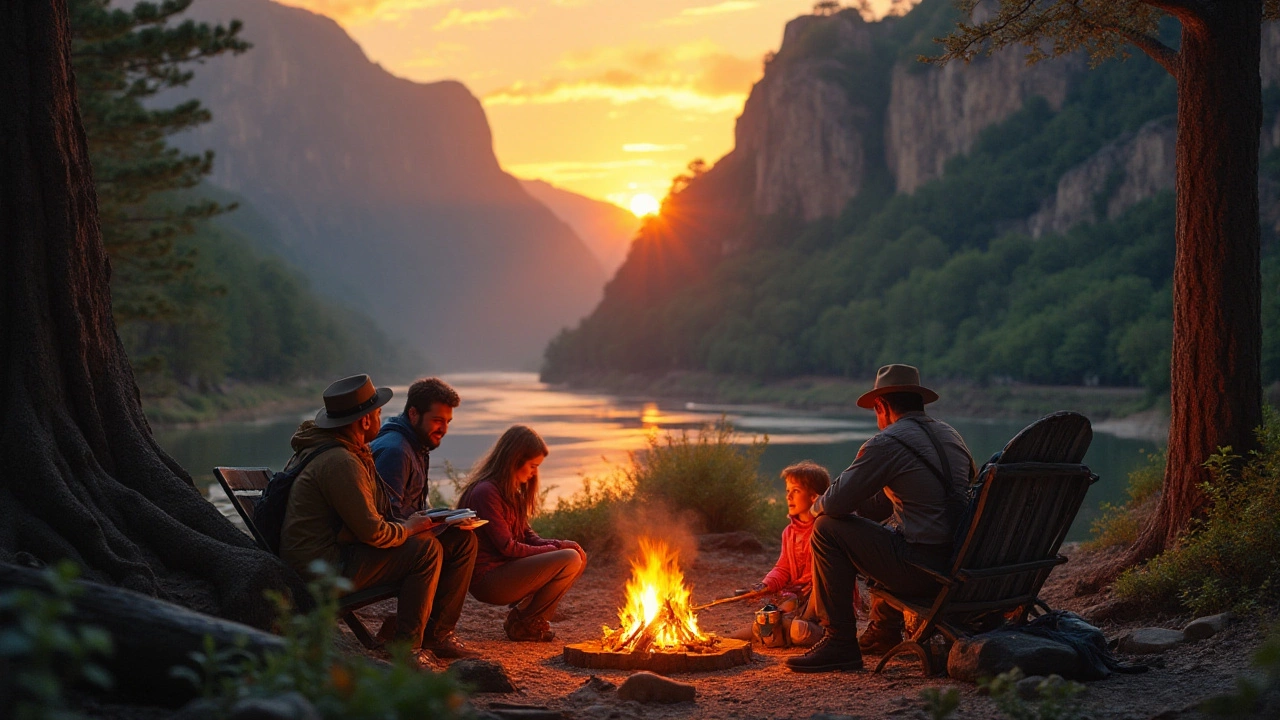Camping Regulations in the UK: Essential Guide for Motorhome Travelers
Planning a motorhome adventure around Nottinghamshire? Knowing the rules can mean the difference between a smooth night under the stars and a costly fine. Below you’ll get the core regulations you need, broken down into two easy sections.
Key Laws for Motorhome Camping
First off, motorhomes are treated like any other vehicle on public roads. That means you must obey standard UK traffic rules: seatbelts for every passenger, proper lighting, and a valid driving licence that covers vehicles over 3.5 tonnes if your motorhome exceeds that weight.
When you park to stay overnight, look for designated motorhome sites or caravan parks. These spots usually provide electric hook‑ups, waste disposal, and water points. Staying on a proper site avoids violations of the “no sleeping in vehicles on public roads” rule, which can attract a £100‑£200 fine.
Some council‑run car parks allow overnight stays, but only if they display a clear sign permitting it. If you’re unsure, give the council a quick call – they’ll tell you whether a night‑time stay is allowed and what fees apply.
Don’t forget about waste. UK law requires you to empty your waste tanks at designated dump points. Dumping raw waste on public land is illegal and can lead to hefty penalties, plus it hurts the environment you’re trying to enjoy.
Wild Camping and Public Land Rules
Wild camping (also called “rough camping”) is a tempting option when you spot a beautiful meadow or forest clearing. In England and Wales, there’s no blanket right to camp on private land, but you can often stay for a night on open countryside if you follow the “leave no trace” principle and avoid farms, private gardens, and protected sites.
Scotland is more flexible thanks to the Land Reform (Scotland) Act 2003, which gives you a legal right to camp anywhere, provided you respect the land and any prohibitions posted by landowners.
When you’re in Nottinghamshire, look for National Trust or Forestry Commission land that explicitly allows wild camping. Even on sites that don’t ban it, make sure you’re out of sight from houses, keep noise down, and leave no litter. A quick checklist: no fire unless a designated fire pit is provided, no public defecation – use your toilet, and pack out everything you bring in.
Finally, always carry a printed copy of the local council’s parking and camping policies. Having the info on hand shows you’re responsible and can help you avoid misunderstandings with officers.
Following these basics lets you focus on the fun part of motorhome travel – exploring limestone valleys, historic towns, and scenic lakes without worrying about fines. Stay legal, stay safe, and enjoy the freedom of the open road!

